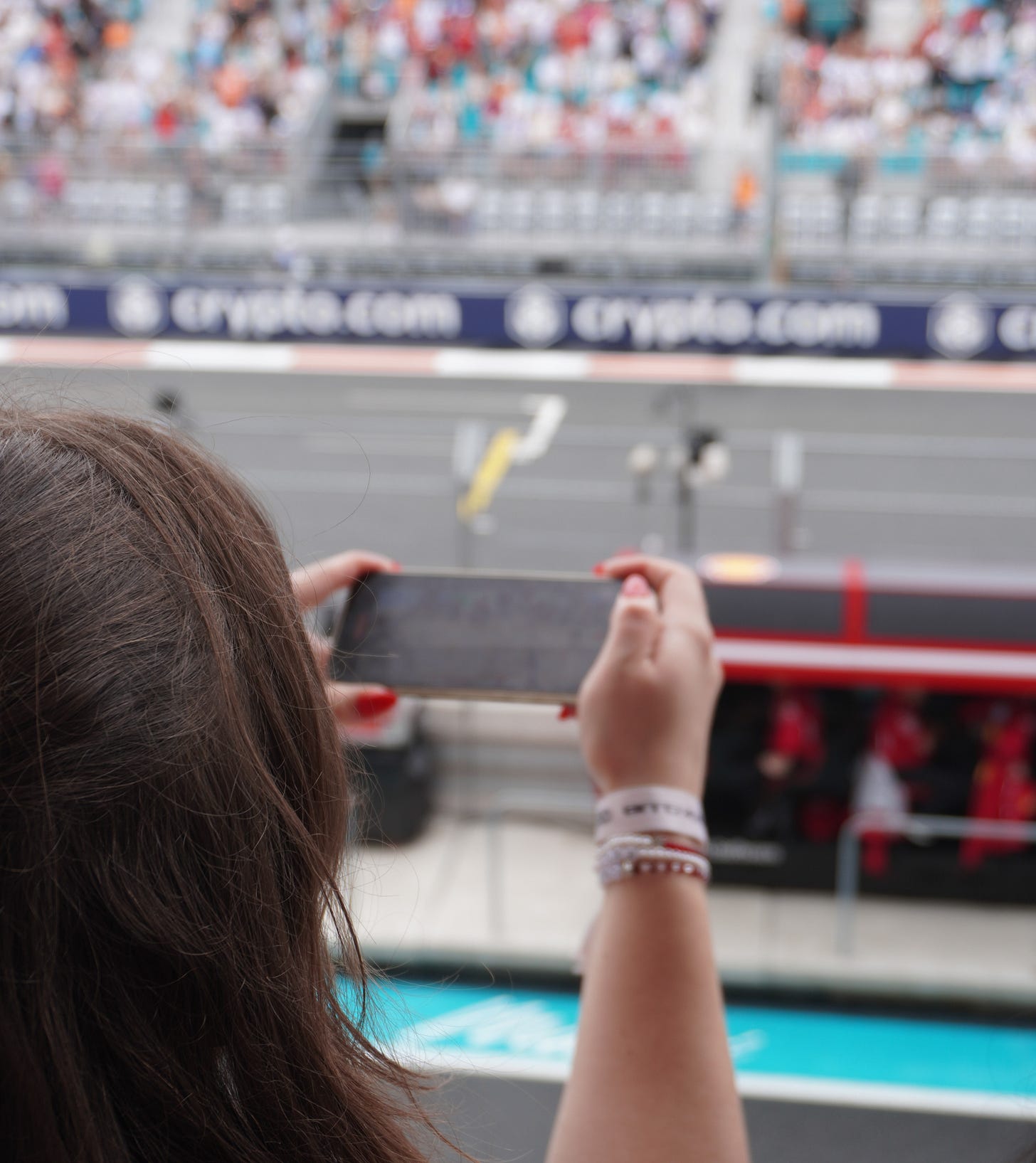Why Does the Creator Economy Still Feel Like a Joke?
What the business world gets wrong about a $500 billion industry.
Welcome to Creator Economy Dispatch, where research meets reality. Insights, interviews, and observations on how creators, brands, and platforms actually work together—part case study, part cultural commentary.
The creator economy will be worth over $500 billion in just a few years. That’s more than the global consulting industry generates. More than the total annual flow of venture capital. More than several industries MBA students line up to get into.
But here’s the thing: if you walk into a business school classroom, no one’s really talking about it.
There’s no class at Stanford GSB on social media. No case study on a creator-founded brand. No formal discussion of how influence scales, monetizes, compounds. Among over 400 classmates, maybe five of us are paying real attention to this space.
And yet:
Over half of Gen Zers want to be influencers.
Over $30 billion is projected to be spent on influencer marketing this year alone. Over a third of all digital ad dollars are now tied to content creators.
VC firms have poured almost $5 billion into creator economy startups in the past two years.
I come from the world business school trains you for: investment banking, product management, edtech. I’m not here to write it off. I just think we’re missing something big.
When I tell people I’m researching creator workflows, or building in this space, I still feel the need to preface it—No, like, actually building something. No, it’s not just TikTok dances.
But the hesitation isn’t personal. It’s systemic. Marketing has never gotten the credit it deserves. Women-led, culture-led industries rarely do. And an ecosystem built on personality, visibility, and nonlinear success? It’s easy to dismiss.
You can dislike social media and still recognize that it’s where culture is made, sold, and monetized. This isn’t a defense of the platforms. It’s a recognition of their power.
So maybe we shouldn’t laugh at the fact that Gen Z wants to be creators. Maybe we should ask why.
Because when you zoom out, it makes sense: creators own their audience, control their narrative, and build businesses on their own terms. If that isn’t entrepreneurship, what is?
What do you think? Have you seen this space taken seriously in your industry—or not at all? I’ve spoken to 40+ social media managers, creators, and agency reps over the past five months. If you’re a part of the creator economy, I’d love to chat with you. Leave a comment, or reach out to tiggy@stanford.edu.






Having spent my career in tech and now spending more time immersed deeply in the online world of IG (I stay away from Tik Tok), I couldn’t agree more with Tiggy’s perspective. Many Millennials and Gen Z, busy balancing careers, families, and life offline, haven’t had the time to fully experience how expansive — and lucrative — the creator economy can be. It’s not an either-or world, but understanding it takes real commitment.
In F1, I’ve seen how content creators make the sport even more enjoyable and accessible. For DRIVEN, though, I’ve made a conscious tradeoff: choosing to spend my time doing what I do best behind the scenes — mentoring and coaching — rather than producing content. It’s not a critique, just a decision about what brings me joy and plays to my strengths. Still, I sometimes wonder if stepping into content creation is a necessary evil to build broader awareness.
Nonetheless, I love what you are doing Tiggy, and how you do it. You are taken seriously by me! :)